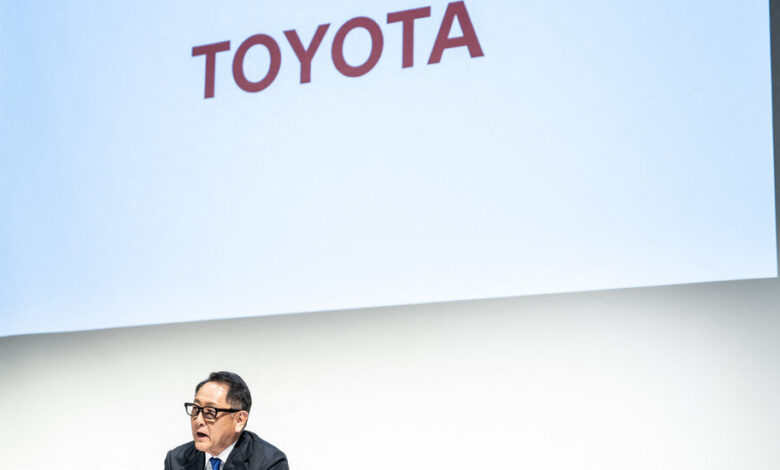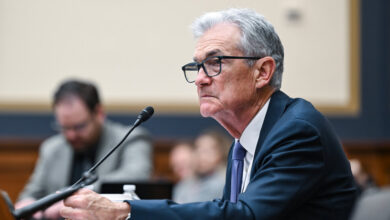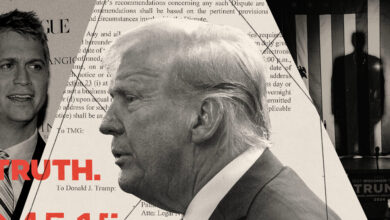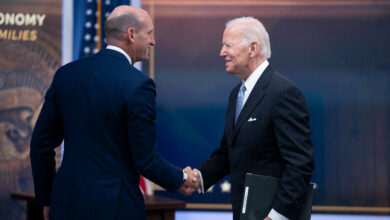Akio Toyoda, Toyota’s Chairman, Defends His Hands-On Role

Toyota Motor’s longtime leader, Akio Toyoda, defended his continued deep involvement in the company’s operations on Tuesday, responding to calls by some big investors that he step back after having resigned as chief executive more than a year ago.
“Some infer that what I do and how I act is akin to cloistered rule,” Mr. Toyoda said, referring to an imperial form of government in Japan where an emperor could retain power and influence even after abdication.
“I consult with younger-generation executives and give them my advice, and if you call this cloistered rule, then I am happy to continue acting as a cloistered-government leader,” Mr. Toyoda, 68, said at a shareholder meeting at Toyota’s headquarters southwest of Tokyo.
Mr. Toyoda was responding to questions posed by several shareholders asking whether recent problems over mishandled safety tests may reflect broader governance problems within Toyota, including insufficient checks and balances on management.
Toyota’s shareholder meeting, presided over by Koji Sato, the chief executive, was widely viewed as a referendum on what kind of role Mr. Toyoda should hold within Toyota, nearly 15 months after he stepped down as chief executive to become chairman. Some investors and Toyota insiders view the level of influence Mr. Toyoda maintains within the automaker as a governance problem, The New York Times reported on Monday.
At the end of the meeting, Toyota announced that all 10 of the directors it had nominated, including Mr. Toyoda, had received the majority votes needed for reappointment. Toyota said it would release vote figures on Wednesday.
In Japan’s consensus-based corporate culture, board members are often re-elected with nearly unanimous support.
This year, Mr. Toyoda’s approval rating is expected to have taken a hit, with a number of investor groups and proxy advisers — firms that guide institutional investors on how to vote their shares — having urged his ouster as chairman.
Earlier this month, Mr. Toyoda pledged to personally tackle the vehicle testing problems, which are being investigated by the Japanese government.
Those opposing Mr. Toyoda’s role as chairman say that his insistence that he would clean up the testing mess underscored concerns about his reluctance to relinquish control of the company founded by his grandfather close to a century ago.
Mr. Toyoda, who was named chief executive in 2009, spent his first years in office navigating Toyota through the turmoil caused by reports that the company’s vehicles were accelerating uncontrollably. He has described himself as Toyota’s “rear guard,” overseeing the company so that others could carry out its plans.
In a letter circulated around the time he handed over the chief executive role, Mr. Toyoda said he felt that by sorting out Toyota’s problems over his nearly 14 years as chief executive, he had freed up Mr. Sato, 54, to pursue new opportunities.
“I will leave the job of creating the future in the capable hands of the next generation,” Mr. Toyoda wrote, according to a copy of the letter obtained by The Times. “And for myself,” he wrote, “I will probably continue to fight against the evils of the past.”



